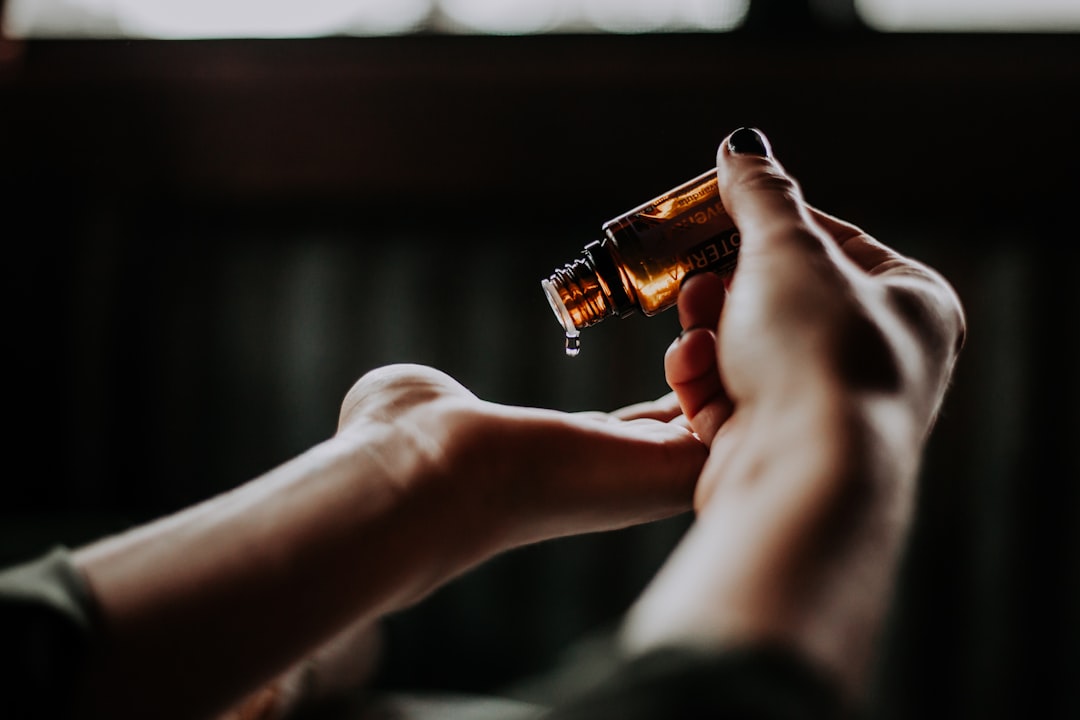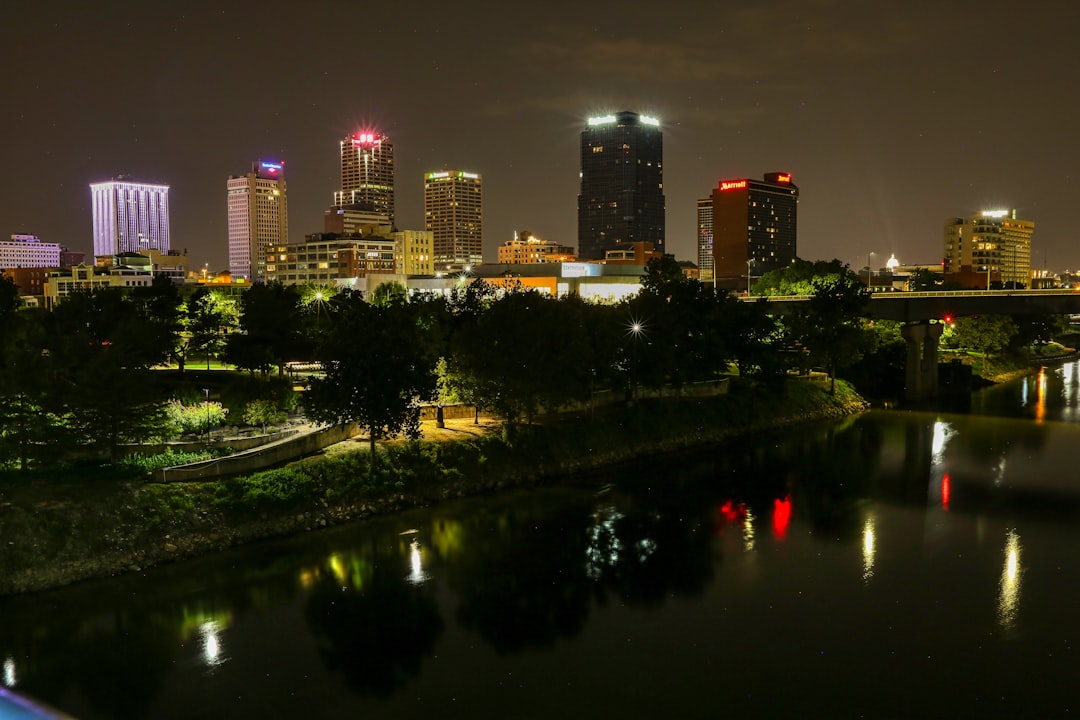In Arkansas, rape trial procedures follow state laws prioritizing victim protection and defendant due process. This includes pretrial hearings, expert advocacy by specialized rape law firms in Arkansas, balanced evidence presentation, and jury deliberation culminating in a verdict. In West Memphis, law enforcement and legal teams collaborate to ensure justice, with law enforcement conducting initial investigations and legal teams presenting cases in court. Rape law firms in Arkansas offer survivor support services like counseling and legal counsel while prioritizing victims' privacy and safety. Community organizations also provide peer groups and hotlines for ongoing support.
“Navigating a rape trial in West Memphis can be an arduous process, but understanding what to expect is crucial. This article guides survivors through the intricate procedures of Arkansas rape trials, shedding light on the roles of law enforcement and legal teams. We explore the support systems available for victims, ensuring they are not alone during this challenging time. If you or someone you know has experienced sexual assault, knowing the dynamics of a rape trial in Arkansas, with assistance from competent rape law firms, can empower survivors to seek justice.”
Understanding Rape Trial Procedures in Arkansas

In Arkansas, rape trial procedures are governed by state laws and regulations designed to protect victims while ensuring due process for defendants. When a case reaches trial, both parties must adhere to strict legal protocols. The process typically begins with pretrial hearings where the court establishes the admissibility of evidence and sets the stage for the trial. This phase is crucial for both sides to prepare their arguments and strategies.
During the trial itself, rape law firms in Arkansas play a vital role in representing victims and advocating for their rights. These firms employ experienced attorneys who guide clients through each step, ensuring they understand their legal options and obligations. The prosecution presents its case first, detailing the evidence—including medical reports, DNA tests, witness testimonies, and more—to establish the elements of the crime. The defense then has the opportunity to cross-examine witnesses and present its own evidence, aiming to cast doubt on the prosecution’s claims. The judge instructs the jury on applicable laws, guiding them in their deliberations until a verdict is reached.
Roles of Law Enforcement and Legal Teams

During a rape trial in West Memphis, both law enforcement and legal teams play pivotal roles in ensuring justice is served. Law enforcement officers are responsible for the initial investigation, gathering evidence, interviewing witnesses, and making arrests based on the available facts. They work closely with forensic experts to collect physical evidence from crime scenes, which is crucial for subsequent legal proceedings.
The legal teams, comprising prosecutors and defense attorneys, are tasked with presenting cases in court. Rape law firms in Arkansas often specialize in handling such sensitive matters, employing expert witnesses and utilizing intricate legal strategies to protect the rights of their clients. While the prosecution aims to build a strong case against the accused, defense lawyers advocate for their client’s innocence, challenging the evidence and testimonies to ensure a fair trial.
Support for Survivors During the Trial Process

During a rape trial in West Memphis, support for survivors is paramount. Many rape law firms in Arkansas offer specialized services tailored to help victims navigate the emotionally taxing process. This includes providing legal counsel, offering counseling services, and ensuring the victim’s privacy and safety throughout the trial. The goal is to empower survivors, giving them the strength to share their stories while adhering strictly to legal procedures.
Support mechanisms extend beyond legal representation. Organizations and communities dedicated to rape law in Arkansas often provide a network of support, including peer groups and hotlines. These resources are designed to offer emotional backing, practical advice, and a sense of community to victims, helping them cope with the challenges they face during and after the trial.





